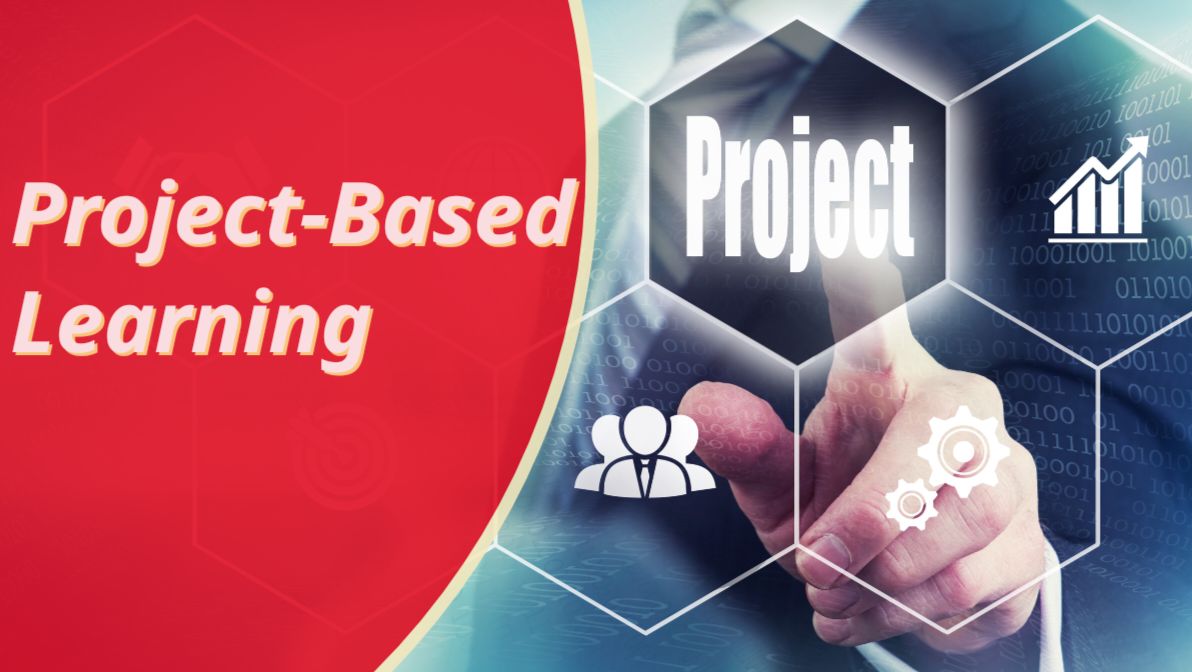Project-Based Learning 2023: Fostering Creativity and Critical Thinking– In the rapidly evolving landscape of education, traditional teaching methods are being reshaped to align with the demands of the modern world. One approach that has gained significant traction is Project-Based Learning (PBL). This innovative educational strategy not only imparts knowledge but also nurtures essential skills such as creativity and critical thinking. As we step into 2023, let’s delve into how Project-Based Learning is fostering these crucial abilities in students.
Table of Contents
- Introduction
- Understanding Project-Based Learning
- The Role of Creativity in Education
- The Significance of Critical Thinking
- Incorporating PBL into Curricula
- PBL Success Stories: Real-world Applications
- Overcoming Challenges in PBL Implementation
- PBL Assessment Strategies
- Empowering Educators for PBL
- The Future of Education: PBL’s Growing Importance
- Conclusion
- FAQs
Introduction
In a world characterized by rapid technological advancements and complex problem-solving, the traditional classroom model is gradually giving way to more dynamic and interactive learning approaches. Project-Based Learning (PBL) is at the forefront of this transformation, emphasizing active participation and real-world application of knowledge.

Understanding Project-Based Learning
At its core, PBL is an educational method that immerses students in hands-on experiences. Rather than passively absorbing information, students actively explore a subject through engaging projects that simulate real-world scenarios. These projects encourage students to delve deep into a topic, conduct research, collaborate with peers, and present their findings.
The Role of Creativity in Education
Creativity is often considered a cornerstone of human innovation and progress. PBL places a strong emphasis on creativity by requiring students to devise original solutions to complex problems. Whether it’s designing a sustainable urban development plan or crafting a multimedia presentation on climate change, students are challenged to think outside the box and unleash their creative potential.
The Significance of Critical Thinking
Critical thinking is the ability to analyze, evaluate, and synthesize information to make informed decisions. PBL cultivates this skill by presenting students with open-ended challenges that demand thoughtful exploration. By grappling with real-world problems, students learn to approach issues from multiple angles, question assumptions, and arrive at well-reasoned conclusions.
Incorporating PBL into Curricula
Integrating PBL into curricula requires a shift in teaching methodologies. Educators take on the role of facilitators, guiding students through the project while allowing them room for independent thought and discovery. This approach not only makes learning more engaging but also prepares students for the self-directed learning required in higher education and their future careers.
PBL Success Stories: Real-world Applications
The impact of PBL goes beyond the classroom. Across various disciplines, PBL has led to groundbreaking innovations. For example, a group of high school students collaborated on a project to design a low-cost prosthetic limb using 3D printing technology. Their invention not only won awards but also provided an affordable solution for amputees in developing countries.
Overcoming Challenges in PBL Implementation
While PBL offers numerous benefits, its implementation can pose challenges. One common hurdle is the need for adequate resources and technology to support project-based activities. Moreover, educators must strike a balance between guiding students and allowing them to explore independently.
PBL Assessment Strategies
Assessing PBL projects requires a departure from traditional testing methods. Educators evaluate not only the final product but also the process, teamwork, and problem-solving skills demonstrated throughout the project. Rubrics and peer evaluations play a vital role in providing constructive feedback.
